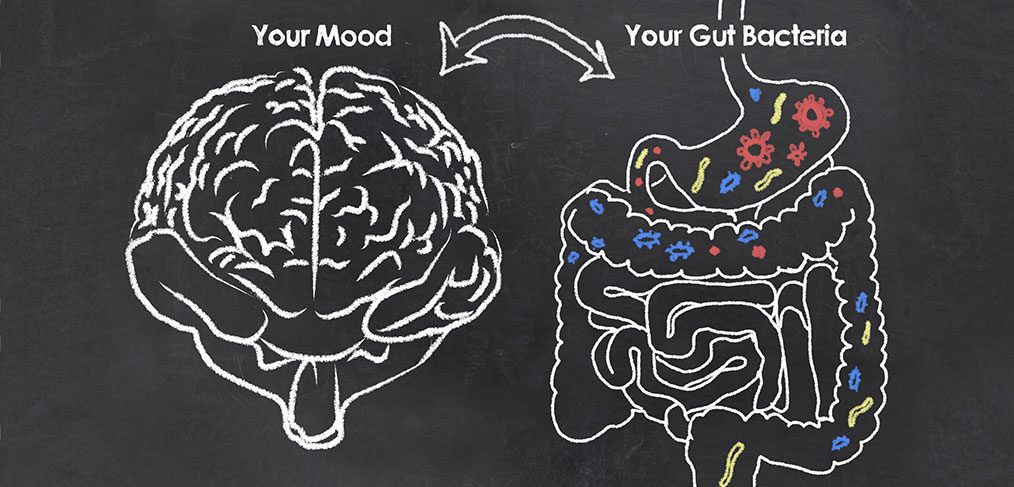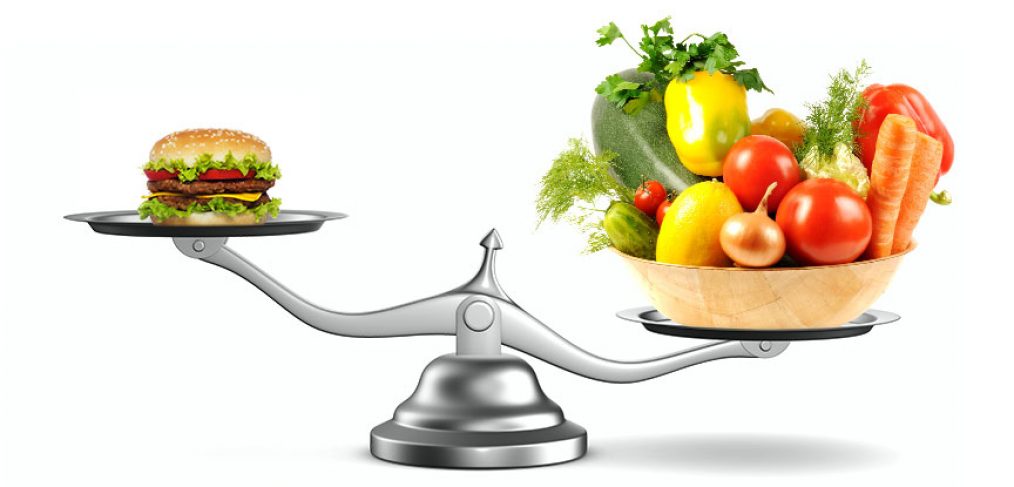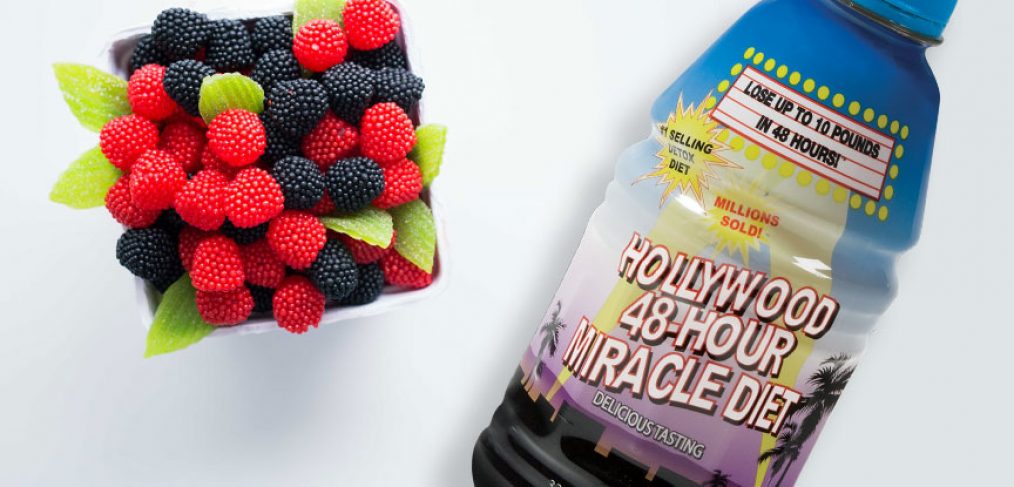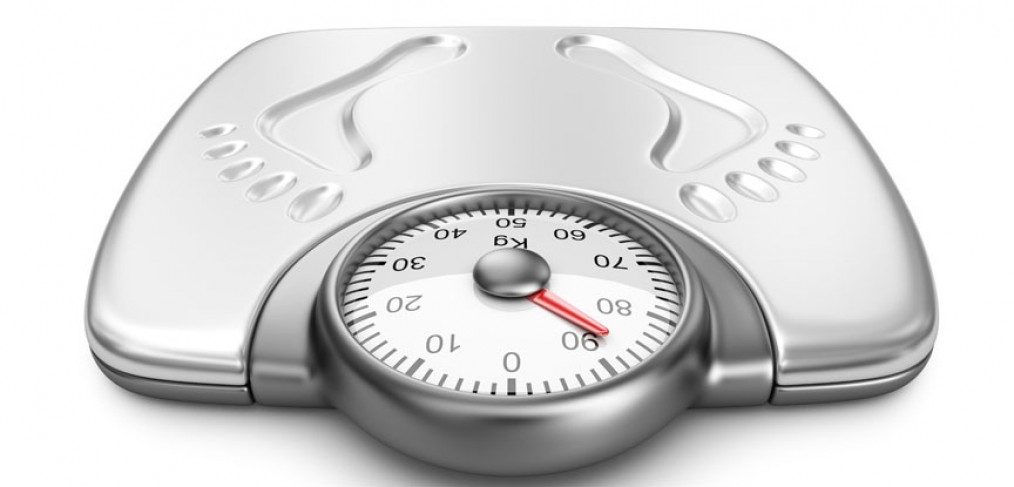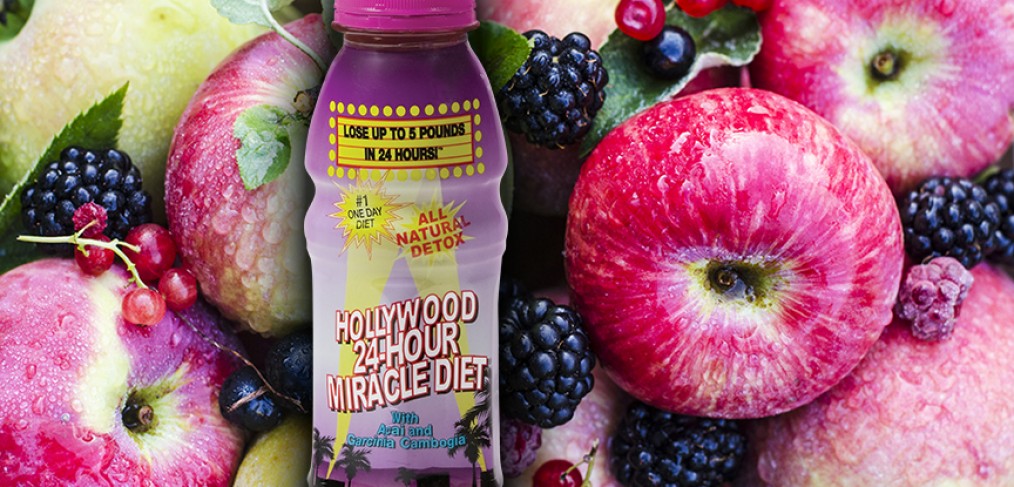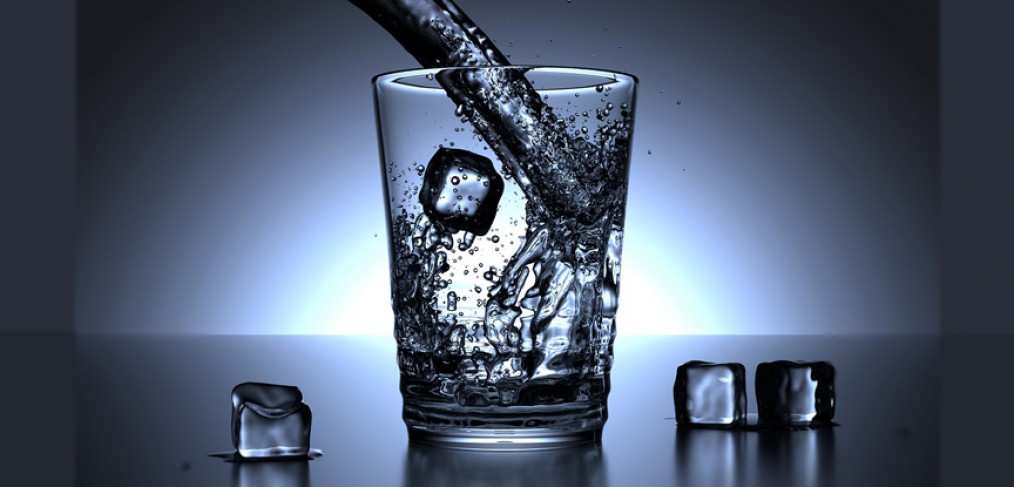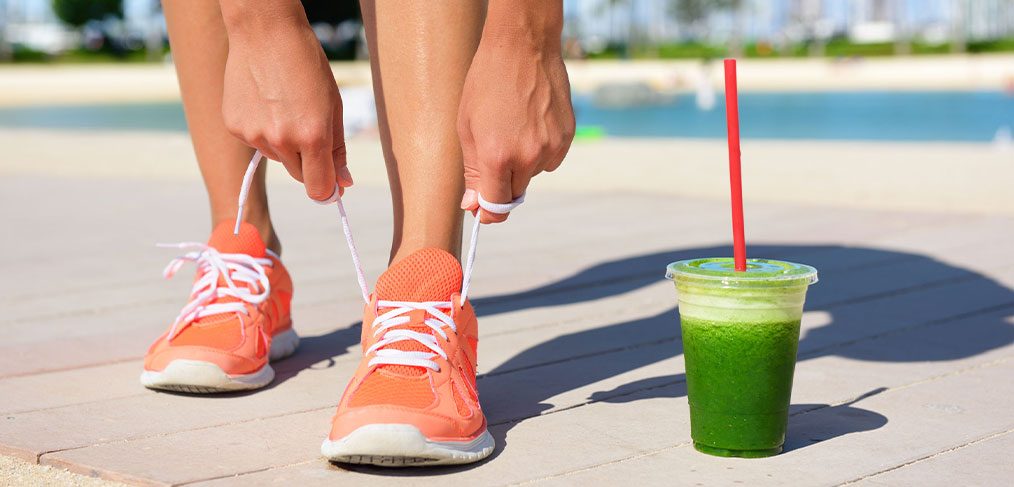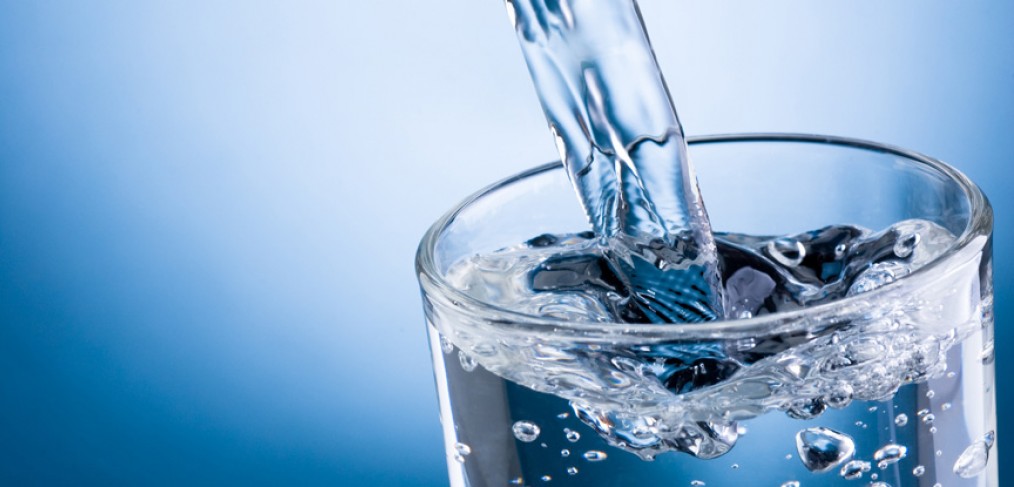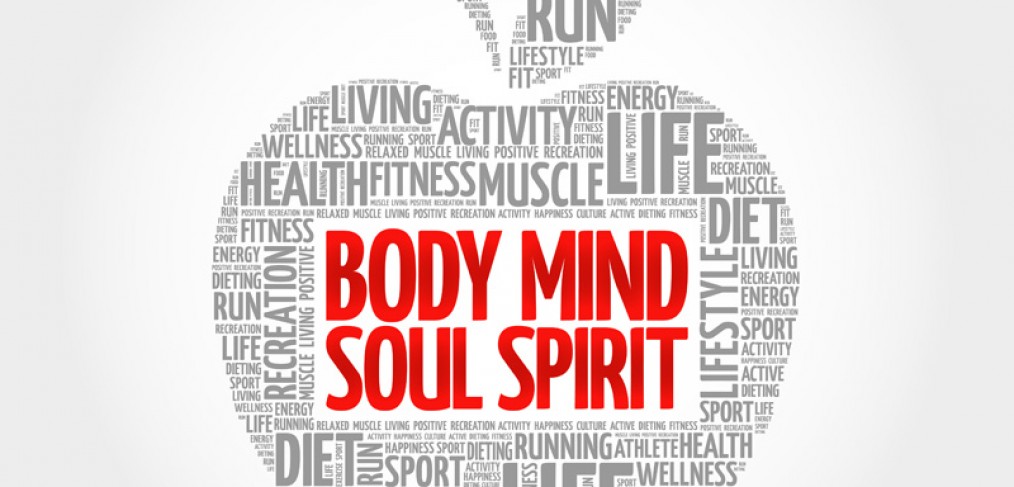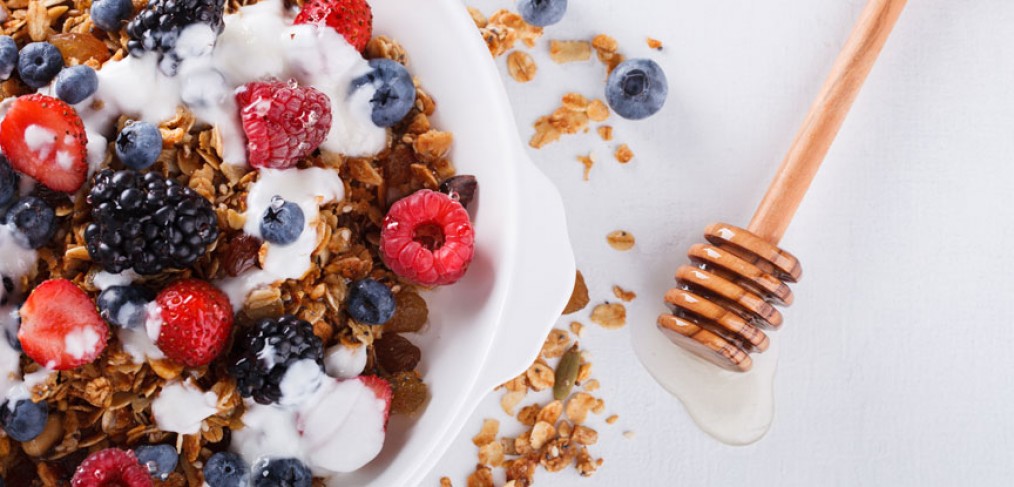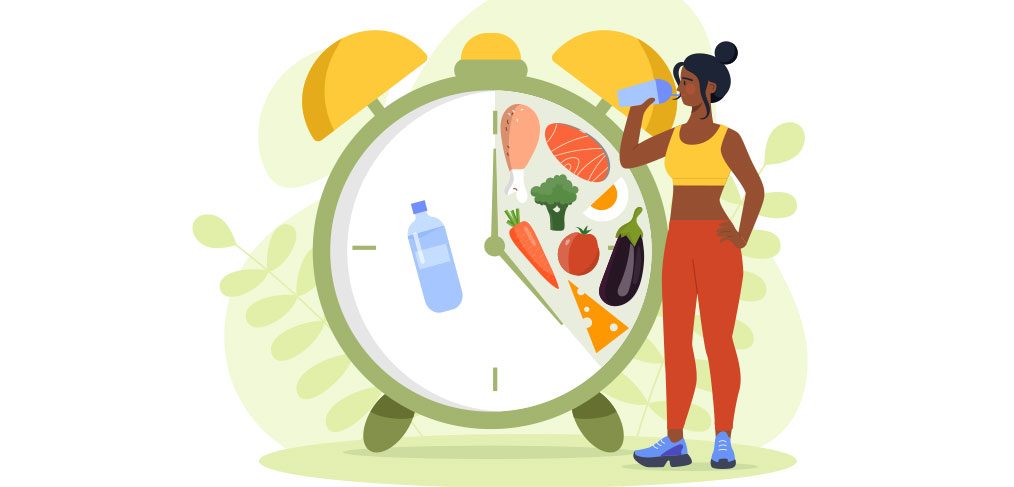If you’re looking for a way to jumpstart your weight loss journey, improve your mood, and feel more confident in your skin, look no further than one of the easiest and most underrated activities: walking outside.
Good for the Body, Good for the Brain: How Intermittent Fasting Could Boost Your Mental Health
This age-old tradition of withholding food for an extended period has rapidly gained popularity in recent years as a weight loss tool because it works. In fact, one recent review of studies published in Nature Reviews: Endocrinology determined that intermittent fasting led to individuals losing between 3 and 8 percent of their total body weight over a relatively short period of just 8 to 12 weeks.
Are you more interested in a healthy living diet than simply losing weight? If so, you’re not alone. More and more people are making personal health a priority and tossing traditional dieting tactics to the curb.
You hear the word “inflammation”, and you might think of a sprained ankle or swollen feet after a hard day’s work, but inflammation is much more common (and more harmful) than that. Any of the soft tissues in your body can become inflamed and you may not even know it. This type of inflammation has been linked to depression, weight gain, skin conditions, the speed with which Alzheimer’s progresses, and even heart disease. Scientists are even studying the effects of inflammation related to COVID-19 infections. Helping to control this chronic condition through an anti-inflammatory diet is one of the easiest and most comprehensive ways to avoid some of these issues and help you lead a healthier life.
Stress is bad for your body. No one can deny that. Repeated studies have found that stress contributes to any number of negative impacts on our overall health and has been concretely linked to:
After age 30 we begin to lose muscle mass, as much as 3% to 5% per decade, according to Harvard Health Publishing. But there are simple exercises to help you maintain muscle mass and lose weight that don’t require a gym membership. Increasing your movement is the best (and easiest) way to reach those goals. Movement—no matter how small—counts as exercise and we can often squeeze it in more often than a trip to the gym.
We’ve all heard the recurring mantra that we are what we eat. However, there is a growing body of scientific evidence that shows the very real effects specific foods, eating patterns, and dietary plans have on our body, our health, and our ability to resist common disease. Indeed, this food-based approach to total wellness is the very basis of a new book (Eat to Beat Disease) by author, researcher, and physician William Li.
How Gut Health Impacts Our Mood and Everyday Life
There has been a tremendous amount of new research concerning how our gut communicates with our minds and vice-versa. The science from that research suggests that our gut health has a much more far-reaching impact on our lives than we thought.
We all have our moments of pushing tasks to the last minute. In fact, the number of us admitting to procrastination has skyrocketed by nearly 500% since the 70s. And it’s not just about delaying laundry or taxes; this habit creeps into how we manage our health, too.
Is our lifestyle making us unhealthy?
The truth is that we, as a nation, have changed the way we live over the last 40 years. We’ve decreased the amount of physical activity in which we engage while simultaneously increasing the amount of sedentary hours we put in both at work and at home. This combination has led to harmful weight gain and preventable chronic diseases.
“Avoid eating in the afternoon and evenings” has been a tenant of major diet plans and a key piece of advice from experts in the weight loss field for decades. But new research has confirmed that controlling when you eat can also slow the signs of aging.
“Accepting yourself only as long as you look a certain way isn’t self-love. It’s self-destruction.” – Laci Green
Have you ever been tempted to go vegetarian but are scared those cravings for a juicy burger or grilled steak will derail you before even getting started? Enter the flexitarian diet.
Are you paying attention to your body? Many people don’t understand this question. We go about our lives consumed by work, family, friends, and all our unending responsibilities without ever taking time to tune in to ourselves.
For generations we have been trained to associate “meat” with “protein.” How many of us grew up with steak, chicken or fish as staples on our dinner tables? Advertising agencies have worked hard to reinforce that artificial bond and make beef “what’s for dinner.” But as we begin to search for healthier, alternative diets, diets that will help us lose weight, feed our bodies with good nutrition, and even diets that have less of an environmental impact, many of us have turned to plant-based proteins. Why?
Your body is bombarded with toxins every minute of every day. These harmful chemical compounds are in the air we breathe, the clothes we wear, the food we eat, and the water we drink. When toxins build up over time they can dramatically slow or alter the natural processes inside your body—so much so that you can’t function as you were designed to.
We’ve all had a sleepless night now and again. Maybe the new promotion, the big move, or your daughter’s impending graduation kept your mind racing. Maybe that burrito you had for dinner wants to fight. Maybe the neighbors are just too loud. But if your sleeplessness is something more than the occasional restless night, it could be doing irrevocable harm to your mind and body. Chronic insomnia has been linked to all sorts of negative impacts on a person’s health from their mental well being to their waistlines.
The Hollywood 48-Hour Miracle Diet® is more than just an effective weight loss tool—it can be used to help maintain a healthy lifestyle, cleanse your body of harmful toxins, and even be combined with other dieting practices to achieve the maximum results!
Have you noticed a fairly rapid weight gain after a certain age or struggled with weight loss for years without seeing any real results? If so, your personal body chemistry might be the culprit. While many people who struggle with excess weight have a history of making bad food choices and limiting their physical activity, a certain percentage of the population may actually suffer from hormonal imbalances that make gaining weight far too easy and losing it next to impossible.
Scientists Find Long-Term Cardiovascular Benefits of Even Moderate Weight Loss
Make positive lifestyle changes today and literally change your life forever. That’s not just motivational speak. Science shows that key cardiovascular health indicators are dramatically improved after losing weight.
What can that mean for you?
The 1-Year Mark: Science Shows Hitting that Milestone can Predict Long-Term Weight Loss Success
If you have ever dieted or participated in a weight loss program you know that persistence pays off. It’s not just about the short-term gains but the long-term goals. After all, you’re not just dieting, you’re changing your life for the better. But it can be difficult to muster the mental fortitude needed to combat temptation and prevent backsliding. Thankfully a recent study provides some much needed motivation for us to get over those inevitable bumps in the road.
You’ve no doubt heard about juice cleanses before. Simply drink juice and lose weight! It’s an alluring option for folks who have struggled with traditional diets and want to drop pounds quickly. But if you’ve never done a juice cleanse you likely have questions: are they healthy? Can I eat anything while I’m juicing? What types of juice should I drink? Do I have to juice my own fruits and veggies? What is the best juice cleanse?
Less Than 3% of Americans Live a Healthy Lifestyle
If you ask most Americans if they live a healthy lifestyle, they’ll answer “yes.” But the data says different.
Nearly 36% of Americans are obese.
Nearly double that are overweight.
Even 1/3 of our children are obese.
So can most of us truthfully say we’re healthy?
You hear it time and time again: drink more water.
Staying sufficiently hydrated is a wonderful way to feel your best and helps your body work at the peak of personal performance. It alleviates headaches and muscle cramps, facilitates proper digestion, and can help essential organs, like your kidneys, function smoothly. But did you know drinking water can help you lose weight? In fact, water may just be your secret weight loss tool.
Everybody is looking for an easy way to lose weight on the run. We have to. Our lives have become much more active than ever before. Work, kids, hobbies, and the dreaded commute take up most of our day, adding stress and limiting the amount of time we can spend on ourselves—both of which are bad for our waistlines.
Here are 4 tips that can help you lose weight on the run no matter how busy your life is.
As doctors and researchers take a more holistic approach to wellness, they continue to uncover an ever-increasing amount of evidence showing direct (or sometimes indirect) links between happiness and healthiness. While people have suspected for years that mood can have either a positive or negative effect on a person’s physical health, there is actual scientific proof to back up those claims—some of it shocking.
Many of us spend years hunting for that magic tool that will automatically make us lose weight, live a healthier lifestyle, and feel good about ourselves inside and out.
After decades of blaming excess weight on unhealthy eating habits and sedentary lifestyles doctors and scientists have come to accept that a certain percentage of people inherit a genetic disposition toward obesity. Their genetic makeup literally passes on an “affinity” for carrying excess weight!
Occasional fasting diets have become extremely popular in recent years. They deliver amazing weight loss results quickly and have a host of incredible health benefits associated with them. Many people believe that occasional fasting can train your body to use nutrients more efficiently, help avoid Type 2 diabetes, decrease the risk of heart disease and more.
We all age. It’s inevitable. But did you know living a healthy lifestyle can help you look and feel younger? Dr. Ray Innis, a wellness expert and consultant for the Montgomery Courier, says that living a healthy lifestyle—eating right, exercising, abstaining from tobacco—can stall the visible signs of aging at the biological level. This, he says, can make you look up to 30 years younger!
Embarking on a weight loss journey isn’t just about shedding pounds—it’s about reinventing your lifestyle and unlocking a happier, healthier you. One of the toughest battles in this journey is overcoming unhealthy cravings that can derail your progress. What if you could transform those cravings to work in your favor, making you yearn for healthier foods? It’s entirely possible, and exercise is your secret weapon.
Exercising Outside is 1.5 Times Better than a Day at the Gym
Believe it or not exercise is still the best way to lose weight, build a healthier body, and live longer. Exercise can build muscle, decrease stress, and helps prevent high blood pressure, diabetes, and heart disease. It may also prolong the onset of Alzheimer’s.
Regular exercise affects every aspect of your bodily functions, from cardiovascular health to the level of neurochemical transmitters in your bloodstream. And because it affects you on a physical, emotional, and mental level, exercise can be the tool you need to rebuild your life, not just your body.
Did you know some symptoms of dehydration can masquerade as hunger? That’s why one of the most important pieces of weight loss advice you can adhere to is “drink more water.”
Why is weight so hard to lose? We struggle with dieting and exercise, enjoy short-term success, but then fall back into bad habits within weeks or months. Any of us who have attempted to lose weight in the past know that staying on this path to wellness is difficult.
We all know that to lose weight you need to burn more calories while consuming less. That would be so much easier if it didn’t come with “feeling hungry” all the time. The key is to make your body “feel full” longer. How? With fiber!
There are lots of diet plans out there. Many are formulated only to drop pounds, without taking into account how to also nourish your body. Here are 5 key tips to help you eat in a way that will fuel and satisfy your body for maximum results. When you give your body what it needs and stop overloading it with the wrong foods, you will lose weight!

We tend to brag about how little sleep we get, as if being tired all the time is a sign of a better life. Going to bed early or sleeping for 8 hours seems self-indulgent. But sleep is one of the best ways to keep yourself healthy and to lose weight. On average, you should get 7.5 hours per night.
We don’t have to tell you weight loss isn’t easy. But there is a way to supercharge your results and put yourself on a faster track. By combining a healthy diet with the right types of exercise you can see results sooner and feel so much better than you do now.
The better you feel (and look), the more likely you are to stick with your new lifestyle change and put the worry of yo-yo dieting behind you.
Fear or being overwhelmed by the challenge ahead causes many people to give up on their weight loss goals and revert to their bad habits. But it doesn’t have to be that way.
If you are like most people, you probably eat the same meals daily or weekly, because they might be easy dishes, favorite foods, or just familiar foods. For example, we’ve heard many dieters tell us that they eat the same thing for breakfast every morning because it makes it easy to maintain a healthy habit. But here’s an idea: switch it up!
1. Family History
Talk to your parents and close relatives to see if there is any history of heart disease in your family. Share this information with your doctor so you can be aware of what it means for you.
Fasting Diet Plans That Work!
Recent scientific research and real-world evidence suggest that when you eat may have a substantial impact on your metabolism, weight, and overall health. In fact, meal timing can be just as important as what you eat—not only for weight loss but also for predicting risks of future disease and disability. Of course, managing your calories still matters if you want to shed those extra pounds. The most effective fasting diet plans combine these two approaches: attention to when you eat and how many calories you consume overall.








